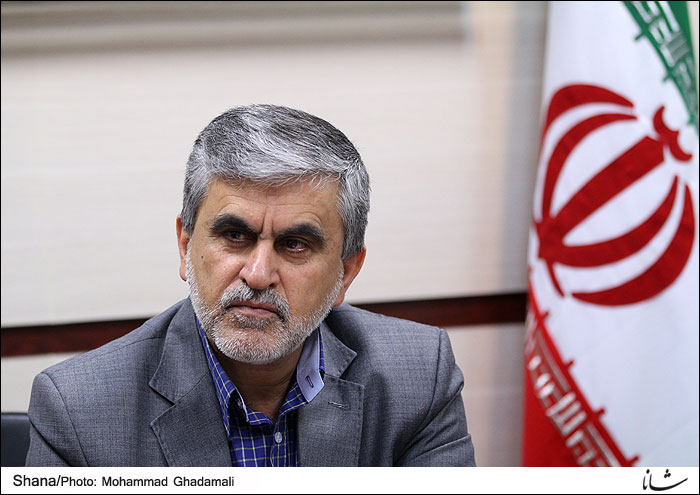“In the post-JCPOA era, Iran should purchase its requirements only from those states that import Iranian crude and products. In case we decided to proceed in isolation, it would be absolutely difficult to reclaim our share,” Mohsen Qamsari said in an exclusive interview with Shana.
Shana: Would you please comment on Iran’s latest progress in talks with oil customers?
How is Iran going to make room for its additional barrels, given the current excess supply of 2 mb/d in the global market?
Furthermore, due to an uncertainty about the exact date of the lifting of the embargoes, a number of Iran’s traditional oil customers implemented certain changes in their refineries to be able to process other crude types. Moreover, at present, due to the introduction of new methods, the type of crude is not a matter of great importance for refineries across the world. Therefore, countries are far less dependent on their traditional suppliers.
How is Iran supposed to enter such a market?
What methods?
A number of critics maintain that oil prices witnessed a downward trend once Iran announced that it intends to raise output, does this hold true?
Nevertheless, I do not agree with those who find Iran accountable for the drop in international prices. Iran announced its production capacity to inform the international market of its true capability. We will adjust our output to the global market’s demand.
Two strategies can be adopted to this end. We can either fight for our lost quota, which is quite possible given the methods we have, or look for new markets. For instance, India plans to purchase 2 more million barrels of oil in the near future. China is also studying the probability of raising its crude imports. We are required to grasp such opportunities.
Therefore, one of the methods to ensure the country's oil sale is buying refineries in other countries but this has to be approved by the administration and the parliament. This is a method that countries like Saudi Arabia, Kuwait, UAE, the US, China and leading oil giants like Royal Dutch Shell and BP have adopted and we should not stay behind them in this field.
Well, interactions must be up and running. There is no reason for Iran to import goods from South Korea, for example, while Seoul refrains from buying Iran's oil. The same goes for Indians as well.
A volume of the exported crude oil to South Korea is not comparable with the amount of goods Iran imports from this country; an interactions must be established between us (NIOC) and other Iranian ministries, companies and institutions [to calibrate the amount of imported goods from South Korea].
Maybe by the Central Bank of Iran (CBI)
Regarding the fact that following the sanctions' removal, LCs will have to open through the CBI, the bank can be very instrumental to manage such interactions. Then, Iran will only enter interactions with countries that buy its oil; we must be wary of this method of interacting with other countries in the post-sanctions period.
No. But we propose that a body be formed to pursue this matter in the CBI.
The boosts differ. Some have said they will boost it by 10 percent while there are others that will give it a revamp and will increase their purchases by 70% after the sanctions.
Naturally, China and India; albeit, Iran is also considering bigger markets in like in Europe which purchased nearly half a million barrels of crude oil from Iran prior to the sanctions.
Between 10% to 60%. Turkey is one of the countries with the largest boost in its purchases from Iran.
Yes, but only with those that kept purchasing our oil under the sanctions.
Both. Iran has many traditional customers in Europe who are added by a number of newly established companies in the green continent. We are in talks with these companies to sell them oil for the first time. The talks are time-consuming for sure. I hope the talks will end before the sanctions removal.
We have started technical talks with the country already to sign fresh contracts with Athens.


Your Comment